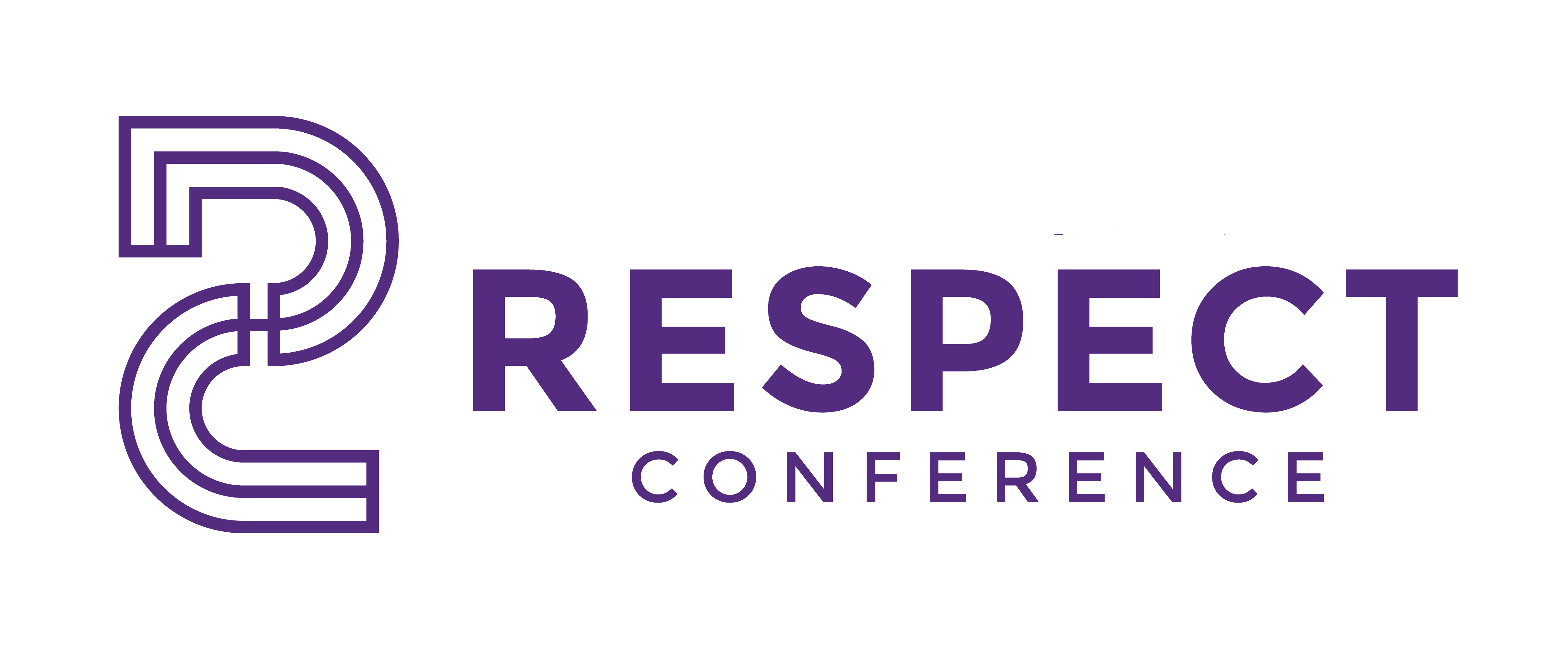All ACM RESPECT 2025 submissions are reviewed using a single-anonymous review process managed through EasyChair. There are four phases to the review process: bid, review, discussion, and recommendation. In addition to the Program Co-Chairs, two other types of volunteers contribute to this process:
- Reviewers provide high-quality reviews for submissions to provide authors with feedback so they may improve their work for presentation or future submission. Volunteer to be an emergency reviewer.
- Track Chairs meta-review each submission and provide a recommendation and feedback to the Program Co-Chairs.
Each submission will receive at least 3 reviews and a meta-review. All reviews are submitted through EasyChair.
Reviewer Guidelines
As a Reviewer, we ask that you carefully read each submission assigned to you and write a constructive review that concisely summarizes what you believe the submission to be about. When reviewing, you are responsible for providing a fair and equitable review.
- Before you begin your review, start by reading the ACM RESPECT 2025 call for contributions and paper reviewing criteria.
- As you write your review, please be specific and detailed in your reviews. Your main critique of the paper should be written in terms of a list of strengths and weaknesses. You can use bullet points here but also explain your arguments. Your discussion, more than your score, will help the authors, fellow reviewers, and track chairs understand the basis for your recommendation, so please be thorough.
- As you reflect and revise your review, consider a few ways to ensure your review is equitable from the CHI 22 Equitable Reviewing Guide:
- Be honest about your expertise. If a paper uses a methodology outside of your expertise, then acknowledge what you do or do not know about that methodology. It is important not to discredit or unfairly score a paper based on our own preferences in methodological approaches.
- Reflect on and communicate your personal biases. Think about whether you are making assumptions about the paper that might just be grounded in a lack of information or your own personal preferences. We all have positionality.
- Consider your language biases. Are your writing critiques based on preferences of Western academic standards (e.g. the Oxford comma, grammar minimalism, parallel writing structure)?
- The International Society of the Learning Sciences has put together The 10 ISLS Golden Rules for Reviewers. Toward the goal of creating a more equitable and constructive review process, please read this resource as part of your review process.
Anonymized Reviews
Author Guidelines have instructed authors to make reasonable efforts to hide their identities, including omitting their names, affiliations, and acknowledgments. This information will, of course, be included in the published version. Likewise, reviewers should make all efforts to keep their identity invisible to the authors.
Reviewer Timeline
The following dates describe the review timeline for ACM RESPECT 2025. Please consider your workload around these dates before accepting a reviewer invitation. Your timely contributions are crucial to a high-quality peer review.
Reviewing Timeline
- Feb 7: Abstracts due
- Feb 18: Paper Submissions due for all types
- Feb 19–25: Reviewer Bidding
- Feb 26–27: Reviewers assigned
- Feb 28 – Mar 23: REVIEWING PERIOD
- Mar 23: REVIEWS DUE
- Mar 24–31: Review Discussion
- Apr 7: Metareviews due (Track Chairs only)
- April 19: Notification to authors
- May 14: Camera Ready Submissions due for accepted papers
- July 14–16: RESPECT 2025 Conference — Designing an Accessible Future for Equitable Computer Science
